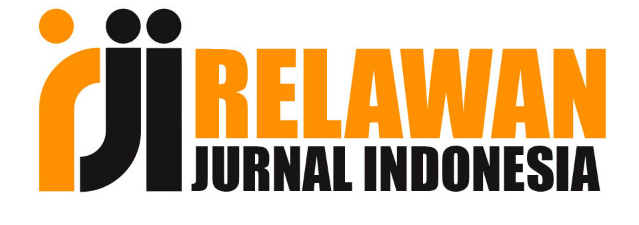Reconstruction of the Islamic Education Paradigm from Classic to Modern Mazhab
Abstract
The reconstruction of the paradigm of Islamic religious education is an effort to adjust Islamic religious education to the increasingly modern demands of the times, global educational challenges, and the development of science and technology. This exploratory effort involves changes in methodology, curriculum, and the objectives of Islamic religious education from the classical school to the modern school. The goal of this reconstruction is to transform and develop the classical school, which initially emphasized memorization and textual understanding, into a modern Islamic religious education with an inclusive, contextual approach, oriented towards the development of practical skills and a deep understanding of Islamic values. The research method used is a qualitative approach with a type of library research. Data analysis is carried out using content analysis methods, including data reduction, grouping data into specific units, data classification, and data interpretation. The results of the reconstruction of classical Islamic religious education, which used traditional methods such as memorization and textual understanding, are then developed into a modern school by integrating Islamic values with science and technology in a contextual manner. The adaptation of Islamic religious education is necessary to create a space for the integration of Islamic values with the dynamics of modern times.
Keywords
References
Abdussamad, H. Z., & Sik, M. S. (2021). Metode penelitian kualitatif. CV. Syakir Media Press.
Amin, K., Ni, Z., Susanto, A., & Islam Sunan Kalijaga Yogyakarta, U. (2023). Bibliometric Analysis: Development of Scientific Publications on “Islamic Education” Based on Titles in the Scopus Database 1980-2023. MAHAROT: Journal of Islamic Education, 7(1), 2580–3999.
Arief, A. (2007). Reformulasi Pendidikan Islam (2nd ed.). Jakarta: Ciputat Press Group.
Azra, A. (1999). Pendidikan Islam: tradisi dan modernisasi menuju milenium baru. Logos Wacana Ilmu.
Bashori, B. (2017). Paradigma baru pendidikan islam: konsep pendidikan Hadhari. Jurnal Penelitian, 11(1).
Fathurrohman, M., & Sulistyorini. (2012). Meretas Pendidikan Bekualitas dalam Pendidikan Islam. Yogyakarta: Teras.
Ma’arif, S. (2007). Revitalisasi Pendidikan Islam. Graha Ilmu.
Mastuhu, M. (1999). Memberdayakan Sistem Pendidikan Islam. Cet. II, Jakarta: Logos Wacana Ilmu.
Muhaimin. (2011). Pemikiran dan Aktualisasi Pengembangan Pendidikan Islam. Jakarta: Rajawali Pers.
Muhammedi. (2016). Pendidikan Islam Klasik: Telaah Sosio-Historis Kurikulum Pendidikan Islam Periode 650-1250 M. Jurnal As-Salam, 1, 4.
Nasikin, M., & Khojir, K. (2021). Rekonstruksi pendidikan islam di era society 5.0. Cross-Border, 4(2), 706–722.
Nata, A. (2012). Kapita Selekta Pendidikan Islam; Isu-isu Kontemporer tentang Pendidikan Islam. Jakarta: Rajawali Pers.
Sitika, A. J., Zanianti, M. R., Putri, M. N., Raihan, M., Aini, H., Nur’Aini, I., & Sobari, K. W. (2023). Pengembangan Kurikulum Pendidikan Agama Islam Sebagai Upaya Memperkuat Nilai-Nilai Keagamaan. Journal on Education, 6(1), 5899–5909.
Tazali, I. (2020). Paradigma Pendidikan Agama Islam di Era Milenial. Idrak: Journal of Islamic Education, 2(2), 213–222.
Zubaidi. (2007). Islam dan Benturan Antar Peradaban. Yogyakarta: Ar-Ruzz Media.
Zuhairini, Kasiram, M., Ghofir, A., Tadjab, Fadjar, A. M., & Umar, M. (1997). Sejarah pendidikan Islam. Jakarta: Bumi Aksara.
DOI: 10.28944/maharot.v8i1.1592
Refbacks
- There are currently no refbacks.

This work is licensed under a Creative Commons Attribution-NonCommercial 4.0 International License.






